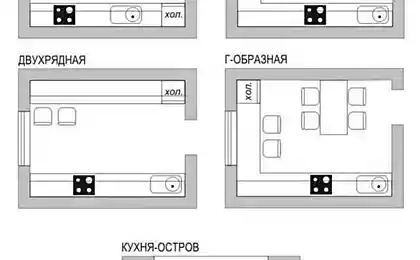181
Full-time or distance learning minuses and pluses
After high school graduates are puzzled by the question of whether to work or study. If you choose to study at a university, then the next task is to determine the form of training. After all, it is the form of training that determines the future career, material well-being, style and schedule of life. So, entering the university radically changes life.
The forms of the educational process are as follows: day (full-time);
full-time (evening);
distance (including distance);
external.
All forms have “pros” and “cons” due to their inherent features.
Day form of training is a systematic training program, which implies the regular presence of students in classes all days of the week, except for weekends and holidays. As a rule, lectures are held in the morning. The second shift is rarely used, only in cases of crowded classrooms, irrational organization of the work of teachers.
Such a program is represented by a thorough study of a huge amount of theoretical material, all types of work (practical, laboratory, seminars, lectures, control, tests). The last courses involve the practice of students in production for obtaining first experience in the professional field. The full-time department for obtaining a bachelor’s qualification is designed for 4 years, a specialist for 5 years, a master for 2 years.
After college or technical school, training in a university on a profile reduces the time of study to 3 years. The “pluses” of full-time education include serious specialized training, the possibility of deferment from the army, the possibility of obtaining a scholarship for good study, a bright student life full of unforgettable emotions. The “minuses” of day training are the isolation of the curriculum from real work in the enterprise, the inability to get work experience in the specialty during study at the university, the need to start from “zero” at the first workplace.
Unlike full-time, part-time education takes students a little time for lectures, seminars. Knowledge control is limited to sessions and control work. Also, classical distance learning provides for reading lectures with attestation control using exams and tests. The undisputed advantage of this form of training is the ability to study and work at the same time.
Extramural education is convenient for mothers with young children, students who cannot physically attend lectures due to various life circumstances.
Source: globalscience.ru
The forms of the educational process are as follows: day (full-time);
full-time (evening);
distance (including distance);
external.
All forms have “pros” and “cons” due to their inherent features.
Day form of training is a systematic training program, which implies the regular presence of students in classes all days of the week, except for weekends and holidays. As a rule, lectures are held in the morning. The second shift is rarely used, only in cases of crowded classrooms, irrational organization of the work of teachers.
Such a program is represented by a thorough study of a huge amount of theoretical material, all types of work (practical, laboratory, seminars, lectures, control, tests). The last courses involve the practice of students in production for obtaining first experience in the professional field. The full-time department for obtaining a bachelor’s qualification is designed for 4 years, a specialist for 5 years, a master for 2 years.
After college or technical school, training in a university on a profile reduces the time of study to 3 years. The “pluses” of full-time education include serious specialized training, the possibility of deferment from the army, the possibility of obtaining a scholarship for good study, a bright student life full of unforgettable emotions. The “minuses” of day training are the isolation of the curriculum from real work in the enterprise, the inability to get work experience in the specialty during study at the university, the need to start from “zero” at the first workplace.
Unlike full-time, part-time education takes students a little time for lectures, seminars. Knowledge control is limited to sessions and control work. Also, classical distance learning provides for reading lectures with attestation control using exams and tests. The undisputed advantage of this form of training is the ability to study and work at the same time.
Extramural education is convenient for mothers with young children, students who cannot physically attend lectures due to various life circumstances.
Source: globalscience.ru























